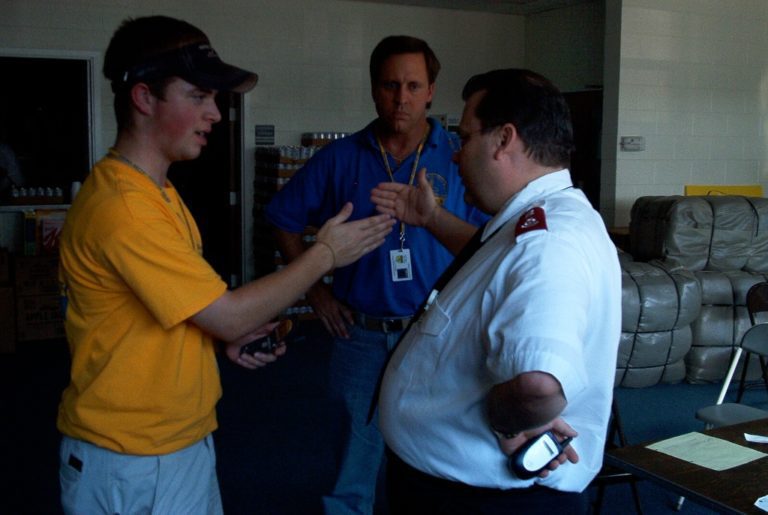 Imagine it’s Christmas, and you can hardly make ends meet. Your husband and three young kids are excited about Christmas, but only for the decorations everywhere else. Your house is bare.
Imagine it’s Christmas, and you can hardly make ends meet. Your husband and three young kids are excited about Christmas, but only for the decorations everywhere else. Your house is bare.
You have little money for food, much less gifts of any significance.
You might have to work Christmas Eve, Christmas night and the day after Christmas so you don’t lose your job.
One day, someone shows up to your doorstep with a sack full of gifts. They knew the ages of your kids, what your kids like, and their sizes.
There are more gifts here than you could have amassed in the past 5 Christmases, and your kids probably will know these could not come from your meager earnings.
You are embarrassed you cannot provide anything for the kids and someone else could — and did. But you put on a smile and accept the gifts graciously.
Your husband, who has been out of work for most of the year, is hurt. You both want to provide, but you can’t.
This is the reality for Angel Tree recipients. They are provided an “out” and have gifts provided for their kids.
With the right framework, the poor have, or could have, the capacity to purchase gifts for their kids at a reduced cost (Oath #1]). The NOC in Richmond does this well. Full price is beyond their reach, but there is another way:
- Enlist donations of new toys and clothes for all ages.
- Price these toys and clothes at a nominal amount.
- Invite parents to shop at your Christmas Store for their own kids, wrapping the gifts and taking them home to hide until Christmas morning.
- 100% of proceeds benefit a community fund for emergency food, fuel or another community betterment program.
Now, these parents have the dignity of choosing gifts for their kids. Their dollar has been stretched farther due to the generosity of others, but their effort is important.
The poor can, and they should be afforded the opportunity.
Will you let them?
This is part of a multi-post series on the value of giving well. Catch up with the rest of the Toxic Charity Series!




Next Level Justice